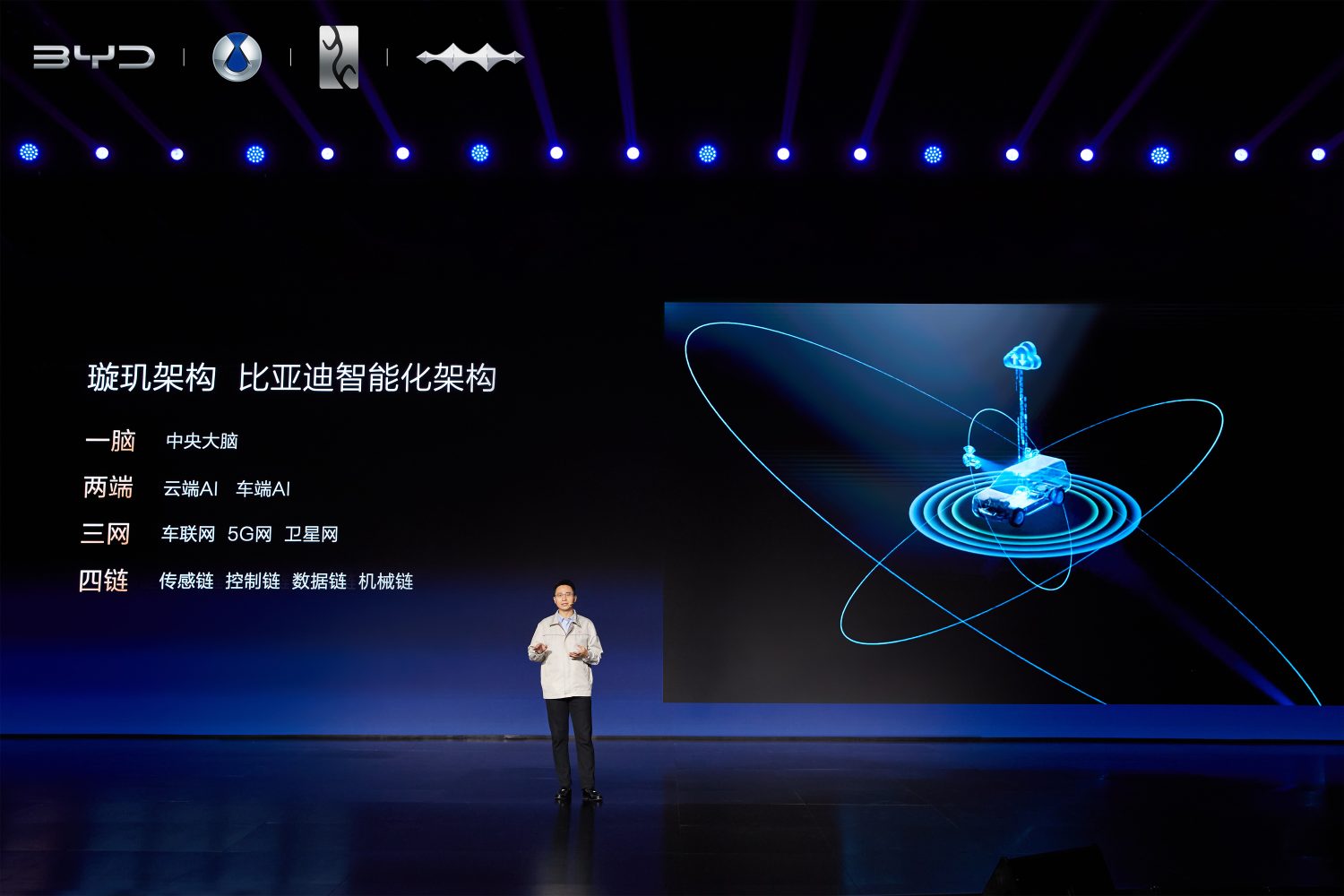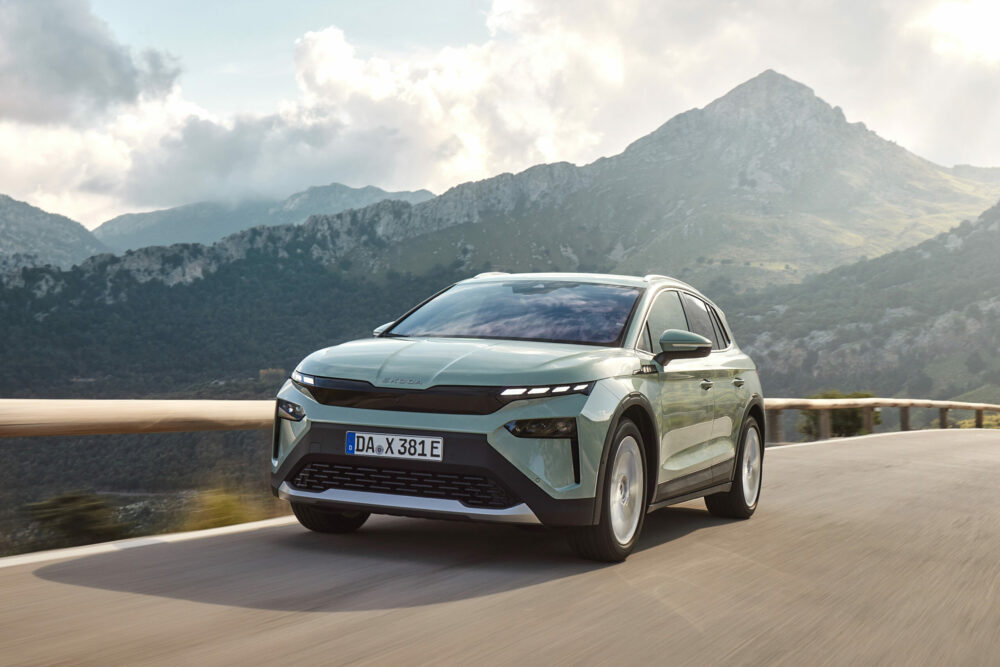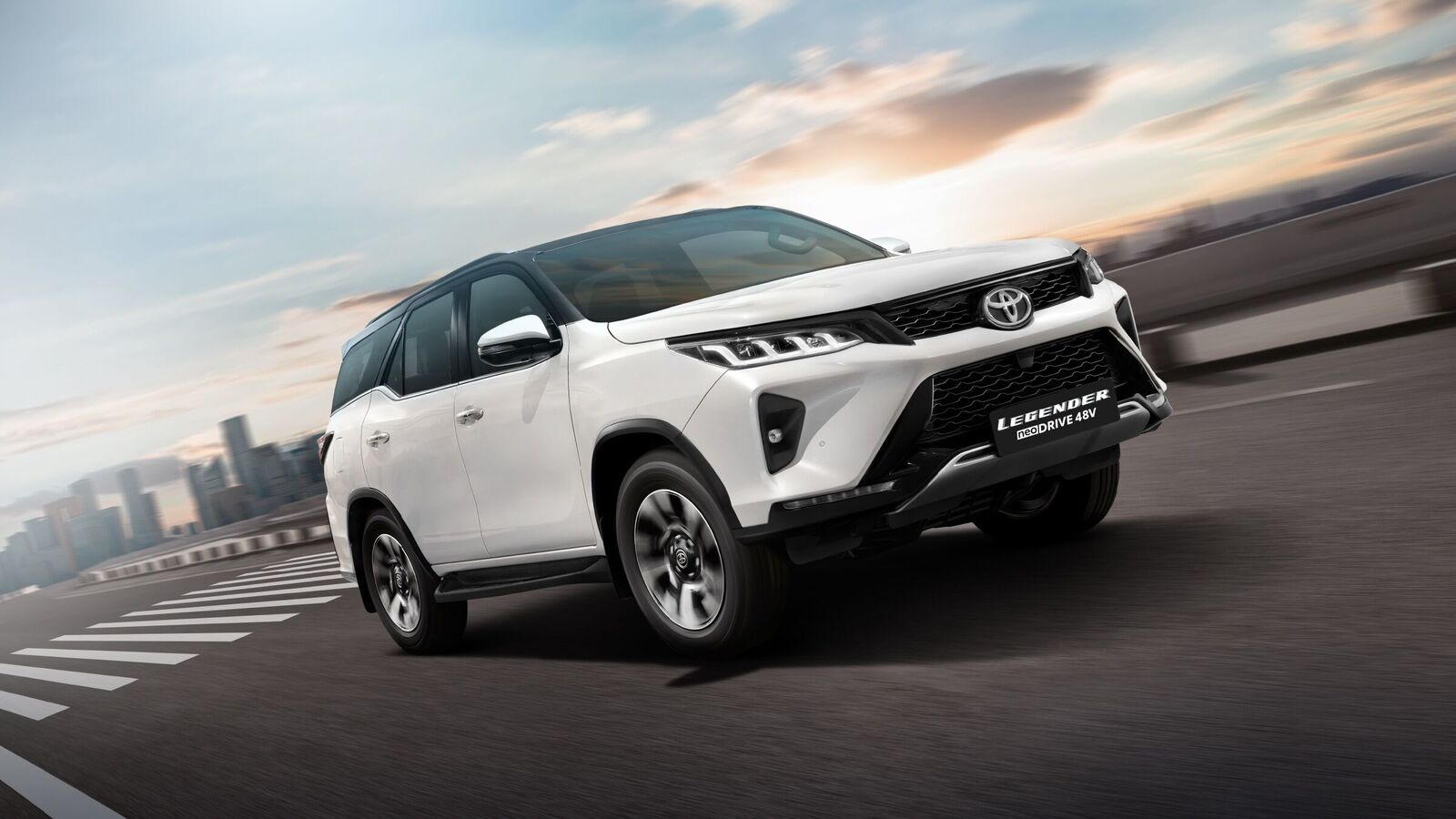Chinese EV giant BYD – which has hired some 90,000 employees in R&D to ramp up its smart tech game – now has a new smart car system. Dubbed Xuanji, it offers functions like automated parking and voice recognition to better compete with Tesla’s AutoPark and VoiceCommands.
To substantially improve its smart car technology, BYD has been hiring software engineers to help bring the company’s EVs to smart-driving levels of rivals like Tesla and Chinese companies Nio, Xpeng, and Huawei, Reuters reports.
To get a sense of scale: BYD employs more than 90,000 employees in its research and development departments, and more than 4,000 of them working on L2-level smart driving. BYD says it has 230,000 employees in total spread over 50 campuses across the world.
Alongside launching Xuanji at BYD’s 2024 Dream Day yesterday, BYD also announced that it plans to invest 5 billion Chinese yuan ($701.8 million) into the development an all-terrain professional test drive sites across China. Last year BYD was the first Chinese automaker to secure a conditional testing license for L3 autonomous driving on high-speed roads in Shenzhen.
Last year, the company sold 1.6 million fully battery-electric vehicles, overtaking Telsa in overall BEV sales. Adding up sales for all so-called new energy vehicles, including battery-only vehicles and plug-in hybrids, BYD sold a whooping 3 million vehicles in 2023.
BYD, the country’s dominant automaker in the world’s largest auto market, had a massive 62% growth in sales last year from 2022. BYD tripled its profits to $1.5 billion in the first half of last year, according to Car News China.
Of course, the Chinese EV market is booming – but looking at the numbers, it’s pretty staggering. Chinese automakers expect to have sold some 9.4 million EVs and hybrids last year, a bump from 6.9 million in 2022, according to data from the China Association of Automobile Manufacturers. For 2024, those numbers are expected to jump to 11.5 million.
FTC: We use income earning auto affiliate links. More.




